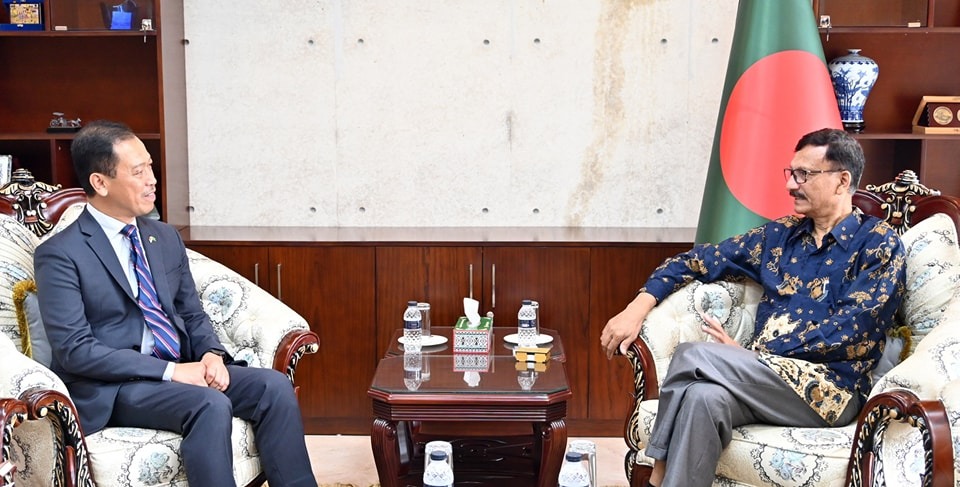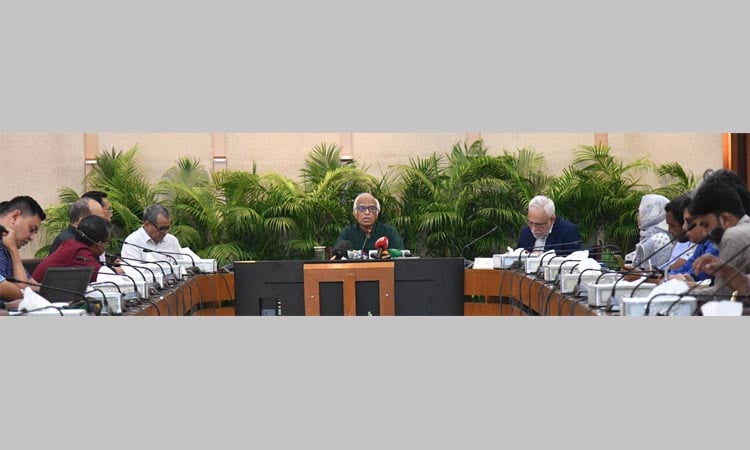
Moon Desk: Many in the Muslim-majority territory of 8.7 million registered voters remain bitter over the 2019 order by the Hindu-nationalist government of Indian Prime Minister Narendra Modi to impose control from New Delhi.
A federally appointed governor has controlled the territory since, with the first regional assembly election in a decade viewed by many as being more about exercising their democratic rights than practical policies.
Voters queued under heavy security in the three-phased elections, which will be staggered geographically due to security arrangements and logistical challenges in the mountainous region. “After 10 years we are allowed to be heard,” said Navid Para, 31, among the first to vote in the cool morning mountain air of Pulwama, near the main city of Srinagar.
“I want my voice represented”, he added.
About 500,000 Indian troops are deployed in the region, battling a 35-year uprising in which tens of thousands of civilians, fighters and soldiers have been killed, including dozens this year.
Modi urged people to vote in “large numbers and strengthen the festival of democracy”.
“Our problems have piled up,” said retired government officer Mukhtar Ahmad Tantray, 65, in Srinagar. “The reins (of power)… were handed over to the bureaucracy,” he added.
Turnout is expected to be high, unlike in past elections when separatists opposing Indian rule boycotted polls, demanding the independence of Kashmir or its merger with Pakistan.
“All the politics revolves around the dispute,” said trader Navin Kotwal, 73, from Doda in Jammu district. “All I care about is that we want to be governed by educated representatives who can solve our problems.” Farmer Ahmadullah Bhat, 47, said he had voted “to have our own government”, saying he was worried common land was being taken under the rule of federal authorities. “I can now go to my elected representative to solve our issues”, he said.







